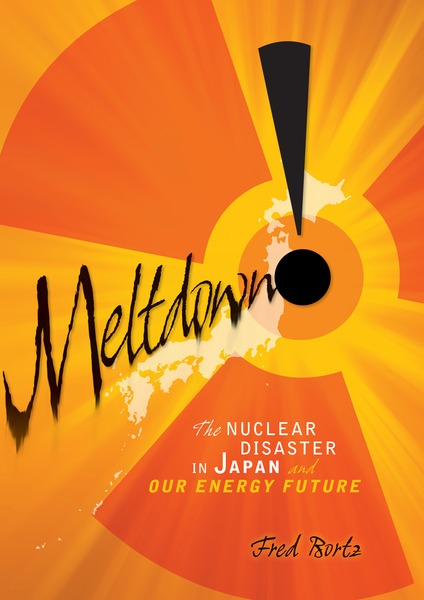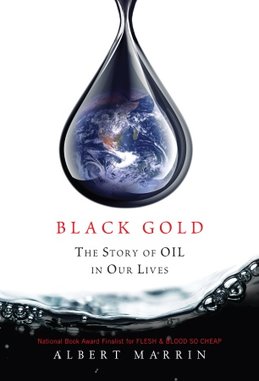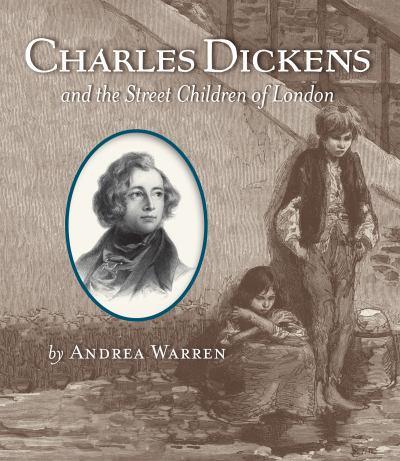We may have reached the point where I am not allowed to read anything other than middle grade and young adult nonfiction. This is unfortunate when you are 75 pages into Raven Boys and your hold on Happier at Home just came in, but alas, alack. Here is a random assortment of the true stuff I’ve been reading.

Meltdown!: The Nuclear Disaster in Japan and Our Energy Future by Fred Bortz
I remember news coverage of the 2011 earthquake and tsunami in Japan, and remember something about a nuclear something something, but because I am a privileged American, I let things go in one ear and out the other. Bortz pulls your attention into the geological factors that lead to such seismic incidents, cultural factors that allow Japan to, um, exist basically on top of a fault line, and, most significantly, how the world gets power from nuclear plants and how dangerous it is when these plants are damaged, like the ones damaged by the earthquake in Fukushima in 2011. This is fairly dry stuff – science and all – but damn if I learned a lot about nuclear physics, power plant structure, and the shocking SHOCKING capacity for human error. All this privileged American stuff sure requires a lot of trust that some dude will read a meter properly and not contaminate my home and the earth at large for HUNDREDS OF YEARS.

Black Gold: The Story of Oil in Our Lives by Albert Marrin
Speaking of terrible, problematic, dangerous power sources… how about a book about oil? I didn’t realize that I was reading two such similar books simultaneously until the final, almost identical chapters laying out the pros and cons of alternative energy means because where Meltdown! is science-heavy, Black Gold is all history. Did you know that cars used to be considered “clean” forms of transportation, because the alternative was piles of horse manure in the streets? Did you know that World War II was ended in a large part because Germany ran out of oil? Did you know that Britain invaded the Middle East (aka Iraq) in an effort to bolster their navy by securing some Middle Eastern oil? Did you know that no matter how expensive gas prices are at the pump, we are GOING to run out of oil? Maybe you are not a privileged American who spends her time reading romance-y books for teenagers and knew all this, but I didn’t. I found this book startlingly engaging.
And also, the answer is: solar.
Speaking of post-industrial angst… Charles Dickens. Charles Dickens and the Street Children of London is a little love letter to Mr. D, equal parts biography and amateurish literary analysis. According to Warren, Dickens was a God Amongst Men, walking around and writing stories that ignited the British Upper Class into their Oprah-caliber “best selves.” Before Oliver Twist, nobody gave a rip about the poor factory children! Thank you, Charles Dickens!
I am being facetious, because I have an academic distaste for children’s biographies that veer towards hero worship. It is a fine primer on Charles Dickens’s quite interesting life (did you know that for a spell, his family LIVED in PRISON while Little Dickens worked in a factory??) and an adequate overview of his important work, significant social influence, and the bizarre, exploitative economy of 1800’s Britain.

Reading your blog is making my “to read” stack double. Some days I can’t decide if that’s a good thing or a bad thing. (Deep in my heart I know it is oh-so-good.) I’m reading “Happier at Home” right now and am in love. My library system doesn’t have “The Happiness Project” so I’m reading them backwards, but so far this one can stand alone.
My copy of Happier at Home JUST came in! Excited. Even though I need to read books about black holes and war and other riveting topics.